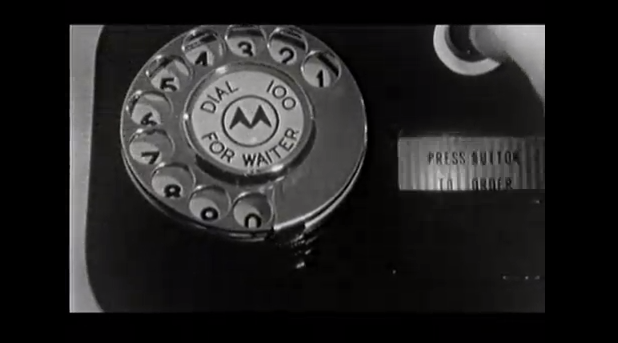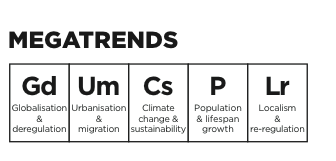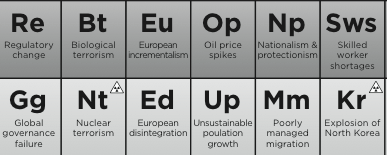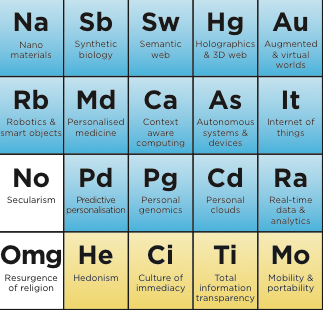As regular readers may know, I’ve been largely unable to write for the past few weeks. I’ve tried everything, but nothing has worked. Don’t get me wrong, I have been writing, but only in the sense of putting one word in front of another. The result has been somewhere between rather poor and totally embarrassing. I’ve also been snow-blinded by the amount of material I’ve been attempting to read.
So why are things starting to flow again? I think it’s a mixture of sun and a distant view. I spent yesterday morning attending a conference on the future of pubs, which sparked some thoughts, especially because I wasn’t actually presenting for a change. (Fun backwards look here at the future of ordering)
Then I headed north towards Edinburgh on the train. The sun was out and the view out of the window was terrific. I’ve also managed to avoid television, radio, newspapers and the internet for 48-hours. As a result, I’ve managed to polish off 3 new issues of brainmail (up soon) and I’m now getting stuck into some thinking about retail trends, especially the future of retail banking, which brings me to today’s statistic.
In most countries around the world the number of retail banks has risen, not fallen, in recent years. In North America, for example, there are 22% more bank branches now than there were back in 2000. This seems counter-intuitive in an age of digital transactions, PayPal, Square, Ready For Zero, Save Up and Zopa. Perhaps it’s a classic case of psychology over technology. In short, people want to see where their money is and see that it’s safe, especially in an era of rampant volatility and uncertainty.
But are we not in danger here of a classic case of extrapolation? Just because credit cards, ATMs and phone banking didn’t turn retail banking on its head isn’t to say that the internet won’t second time around. Most of the technology impacting retail banking is still in its late infancy and there are strong reasons to suppose that disruptive technologies and upstart start-ups will indeed transform at least the basic low-margin transactional side of retail banking very soon. The death of the branch is still a very long way off, but given a decade I’d expect branches to not only look very different, but be used in very different ways too.






